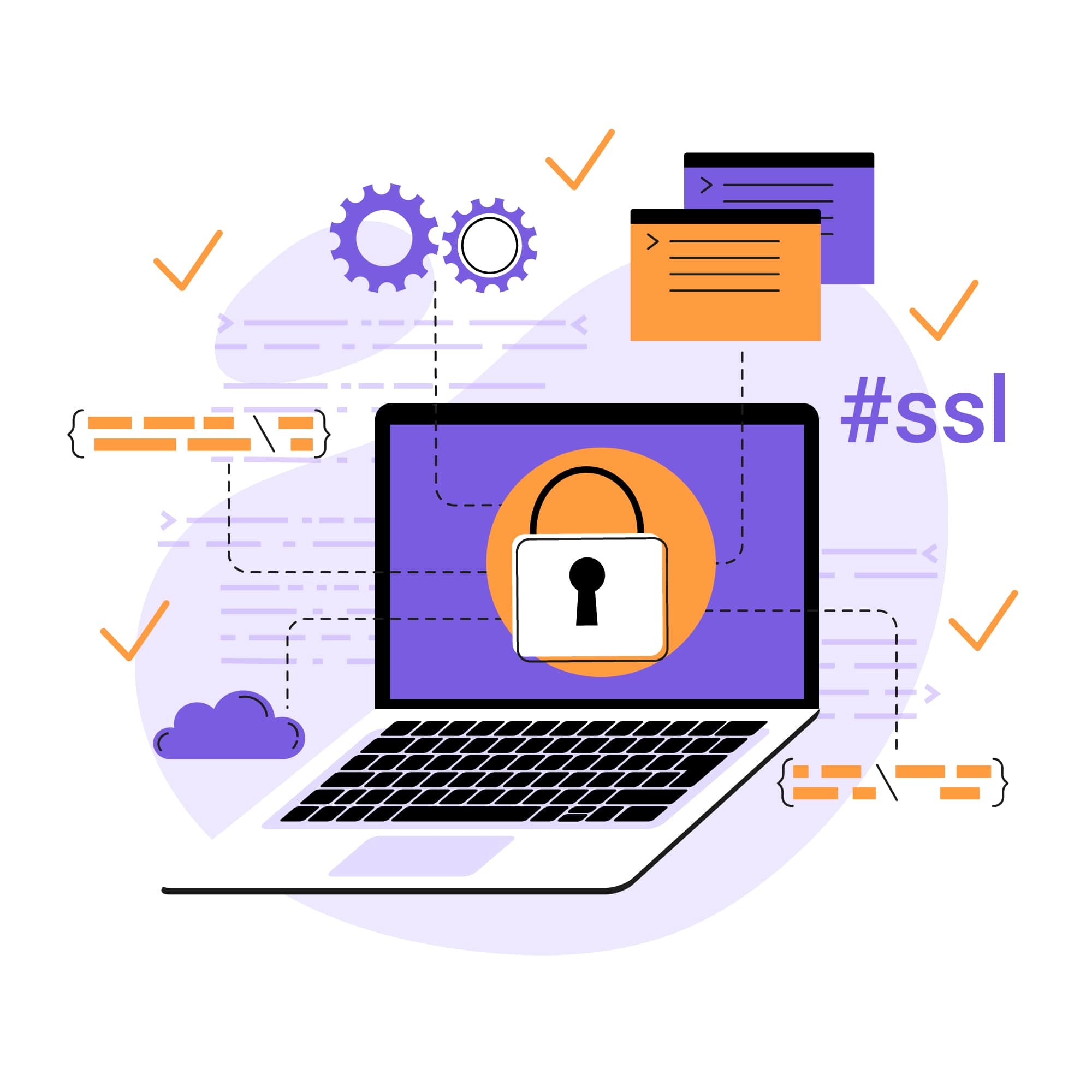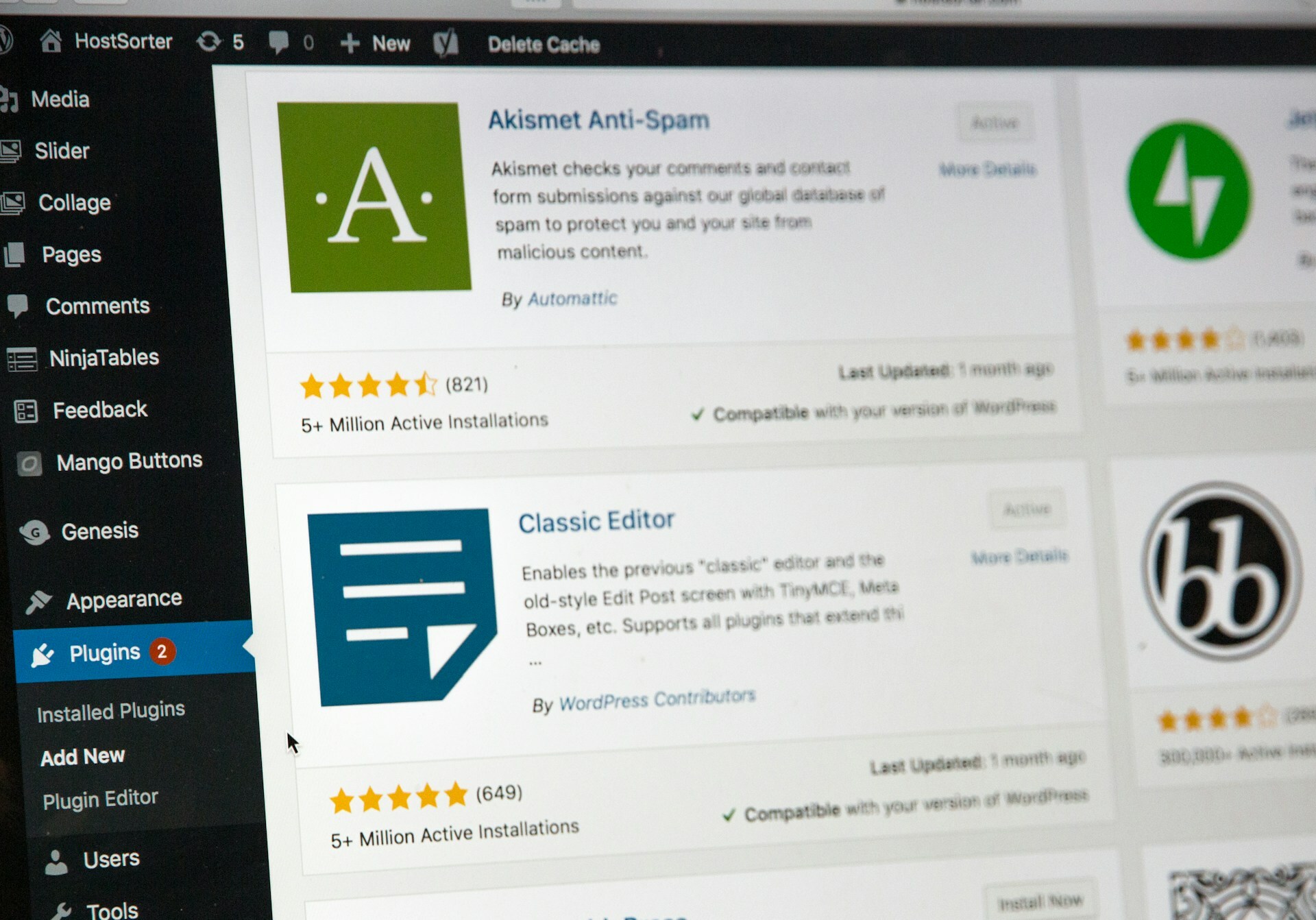
What Are the Different Types of Channel Partners?
When you’re new to channel marketing, deciphering the different types of channel partners can be challenging. But if you’re planning to pursue channel partnerships, it’s crucial to understand each type to determine which one is best for your business. Here’s what you need to know about the different types of channel partners.
The 5 Different Types of Channel Partners
While some people think of partnerships as nothing more than affiliate marketing, channel partnerships are a little more involved than simply adding a link to a resources page or an email with the hopes of generating sales that result in commissions. They are also different from referral partnerships where a partner refers qualified leads to a company and is paid based on successful sales.
Channel partnerships are more strategic, and typically long-term relationships. There are five different types of channel partners you and your company can consider pursuing. They are:
- Value Added Reseller (VAR): A VAR is a company that purchases a technology product from another company, adds their own services or features, and then sells this bundled product to their customers.
An example would be a computer retailer that sells computer hardware and services. You can buy just the computer from the retailer, or you can buy the bundle that comes with the extended warranty, training, is already loaded with programs such as the Microsoft Office suite of products, etc… Just like it sounds, they add value to the offer and then sell it for a profit.
- Managed Service Provider (MSP): An MSP refers to a company that monitors and manages the IT systems of other organizations. This can include monitoring the company’s network, securing data, and installing products. Working with an MSP is typically done on a contract basis, i.e. hiring an IT company to manage your systems and processes for an annual fee.
- Systems Integrator (SI): A systems integrator is a type of company that buys software programs and hardware from different vendors and combines them into a single solution for their own customers. In other words, the user may only see one interface, but the components that make it up and make it work will have many different parts.
- Distributor: A distributor is an agent, website, or business that acts as a middleman between the company that produces a product and potential buyers. Think of a grocery store purchasing goods at wholesale pricing and then selling to the consumer at a markup.
- IT Consultant: Technology companies can also partner with independent IT consultants, who recommend the company’s products and services to other businesses. This partnership is the most similar to an affiliate partner or referral partner. However, the difference here is that rather than throwing a bunch of links and hoping something sticks and results in a sale, an IT consultant will have vetted the products and services fully, and have a deep understanding of how they work so that they can provide ongoing support when necessary.
How to Choose the Right Partner Strategy
Now that you know the main different types of channel partners, how do you choose the right one? Here are a few important guidelines to keep in mind.
- Distributors and IT consultant partners will benefit most when they already have an established customer base/audience. However, partnerships can also help you to build your customer base because they give you the opportunity to sell a proven product to people looking for a solution.
- If you want to boost sales without having to constantly grow your sales team, consider setting up a VAR partnership because these will allow you to supplement the offerings you already have.
- If you’re comfortable running things for your clients or using software and hardware to create better systems and processes, an MSP or SI partnership may be your best bet to improve your current solutions you’re already giving your clients.
Channel Partnerships with SiteLock
SiteLock offers a variety of channel partner options that help you provide first-rate, affordable security to customers while growing your business. To learn more about channel partnerships with SiteLock, visit our channel partnership page, or email [email protected].





